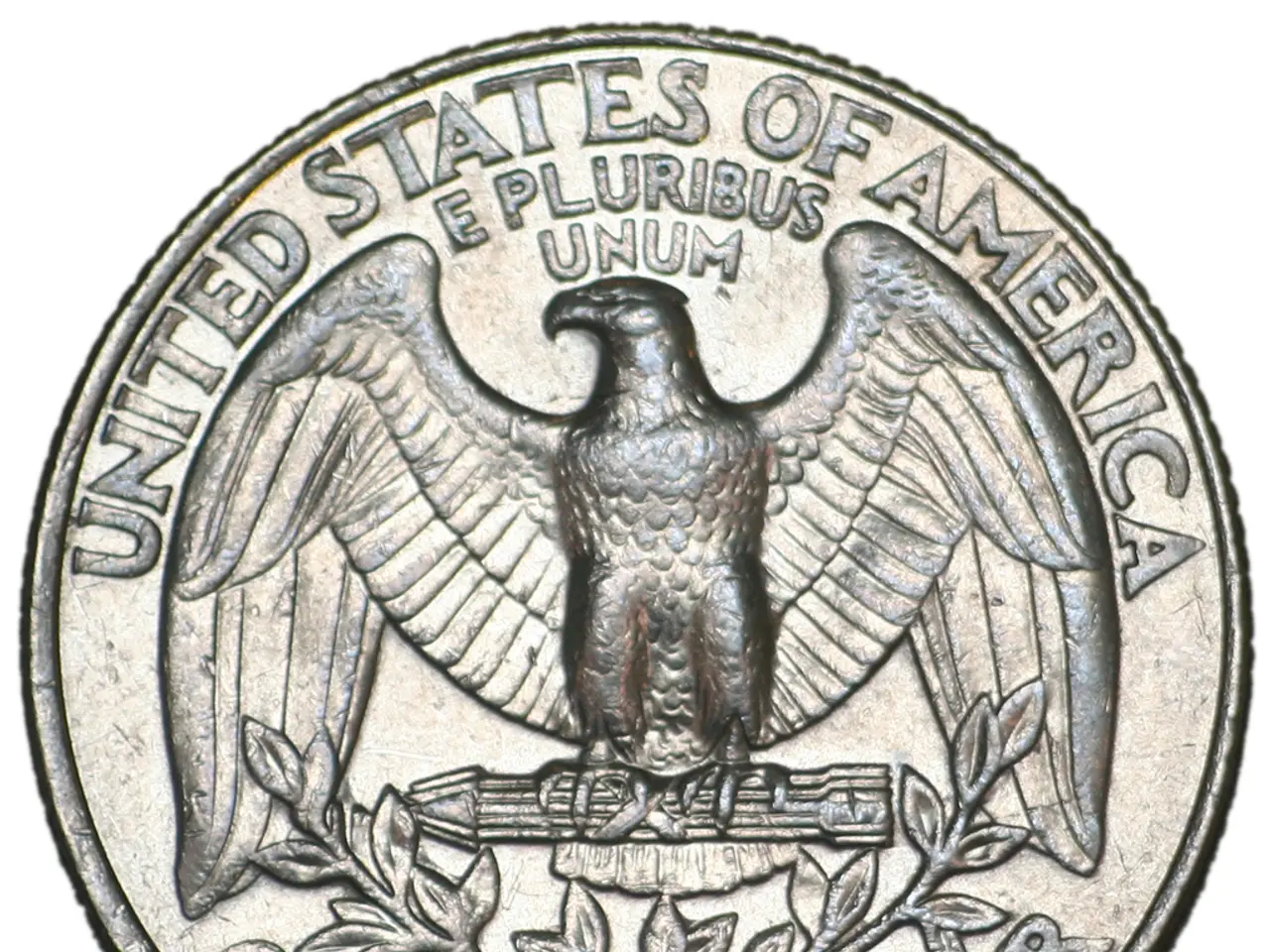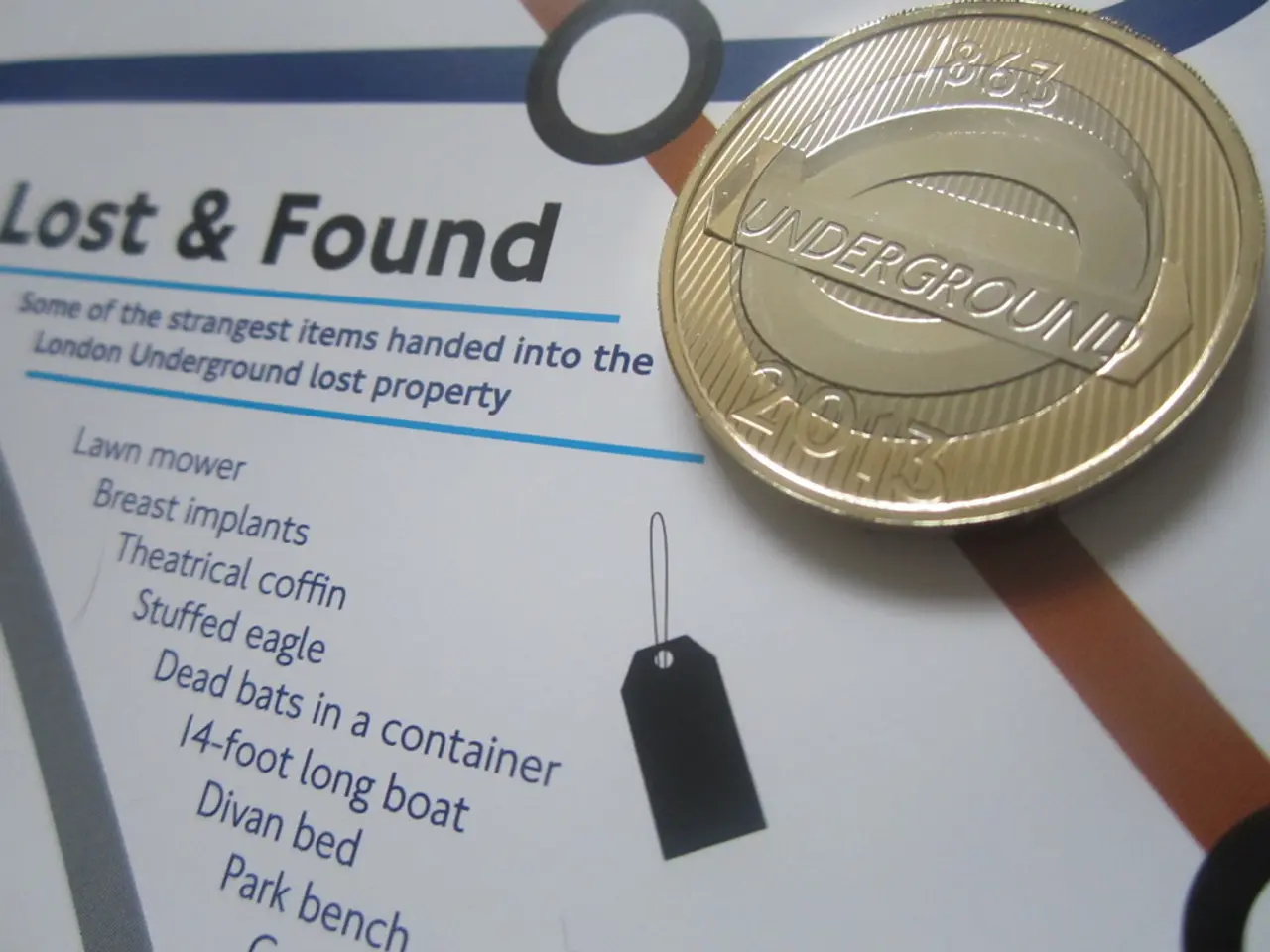"State-led initiative, EU Chips Act, deemed another unsuccessful endeavor in strategic planning"
======================================================================
The European Union (EU) has announced the progress of its Chips Act 2.0, aiming to bolster the continent's semiconductor industry and capture a larger share of the global market. However, the road to self-sufficiency in chipmaking is fraught with complex challenges.
At the time of the Chips Act's announcement, there was a global shortage of processors, and the US under Joe Biden was pursuing an ambitious strategy of self-sufficiency in chipmaking. In response, the EU launched the original European Chips Act in 2023 with the goal of capturing 20% of the global market, double the percentage at the time. Yet, despite these ambitious targets, chipmakers like Intel have postponed new factory launches in Germany and Poland, signaling implementation challenges in ramping up production capacity within Europe.
One of the major ongoing challenges is Europe's reliance on strategic raw materials such as lithium, cobalt, and rare earth elements (REEs), where China holds a dominant position. The EU law approved in 2024 seeks to increase extraction, processing, and recycling capacities for these materials, but social resistance to mining and refining in Europe complicates the supply chain resilience needed for semiconductor production.
On a technological front, reducing energy consumption in semiconductors is the primary challenge. Institutions like the French research center CEA-Leti emphasize that this energy efficiency priority is central to the preparation of Chips Act 2.0, which will also extend support for AI system development across industries. Improvement is needed across tools, devices, materials, and manufacturing processes to meet these goals.
In its broader strategy, the EU plans significant AI chip procurement, pledging to buy €40 billion worth of US AI chips to maintain its technological edge. This indicates that Europe is bridging gaps in semiconductor supply with external sourcing while working on internal capacity expansion.
However, the subsidies offered under the Chips Act were primarily for plants producing basic chips, a brutally competitive commodity industry. As a result, Intel, a major chipmaker, has announced it is scrapping planned investments in Germany and Poland, which were significant parts of the Chips Act strategy. Instead of investing in Europe, Intel is moving production to Vietnam and Costa Rica.
Meanwhile, other companies like Tesla are looking outside Europe for chip production, with the company planning to start making the chips it needs for its operations in South Korea. Nvidia, which relied on Taiwan's TSMC for its supplies, has started working on an American factory, but no European factory has been announced.
Despite these challenges, the European Commission is pressing ahead with the Chips Act 2.0, with a focus on advancing semiconductor energy efficiency and expanding support for AI applications. The Act also aims to encourage entrepreneurship, reduce regulation, and remove barriers to growth for high-tech industries.
As of now, there is no sign of new start-ups emerging under the Chips Act. The delay in new factory launches and the lack of progress in creating a vibrant start-up ecosystem suggest that the Act's goals may be more difficult to achieve than initially thought. Nonetheless, the EU remains committed to making Europe a world leader in technology and self-sufficient in chipmaking.
References:
- The European Chips Act 2.0: Advancing Semiconductor Energy Efficiency and AI Applications
- Europe's Chips Act 2.0: Challenges and Opportunities
- The European Chips Act: A Review of Progress and Challenges
- Intel Abandons Plans for German and Polish Chip Plants
- EU to Buy €40 Billion Worth of US AI Chips
Tariffs on imported semiconductors could help Europe's chip industry, as it strives for self-sufficiency, as the EU continues to heavily rely on external sources.
Investing in cutting-edge technology and research for energy-efficient semiconductors could provide Europe with a competitive edge, given the primary challenge of reducing energy consumption in the industry, as stated by institutions like CEA-Leti.




